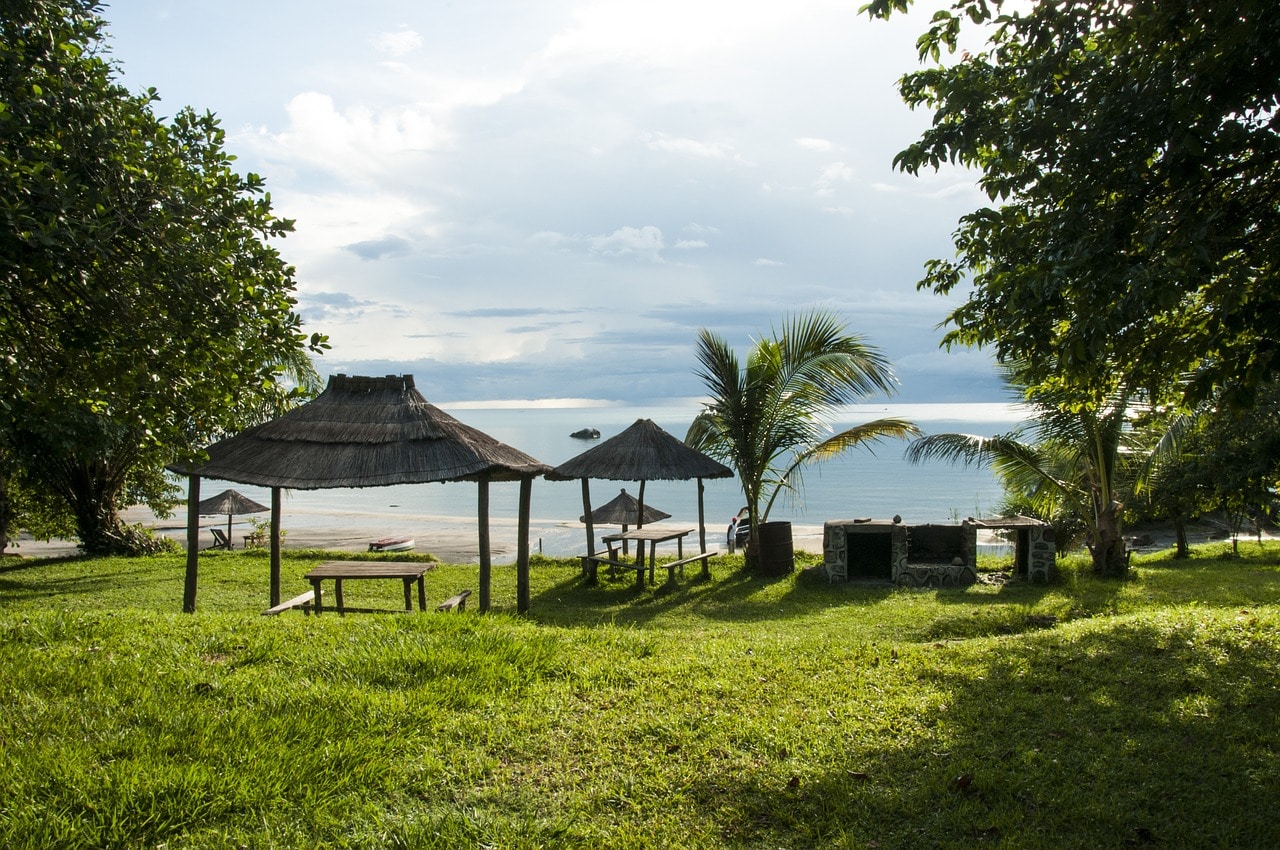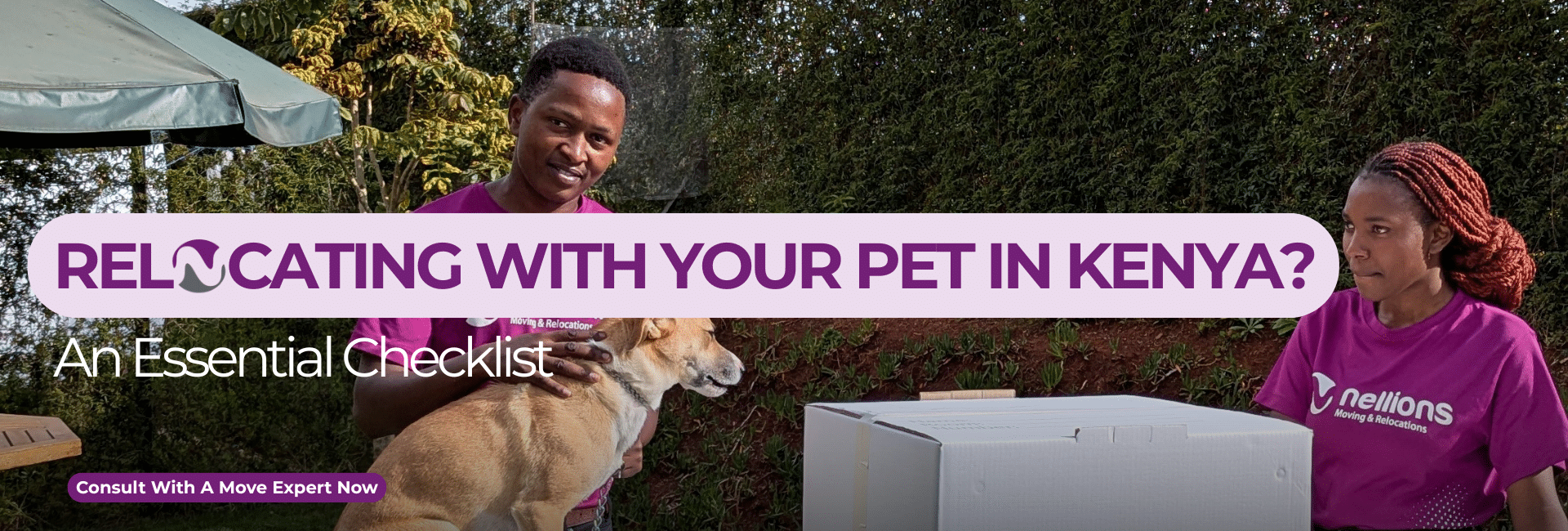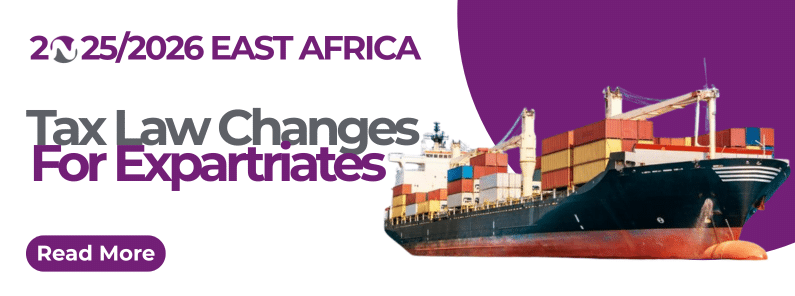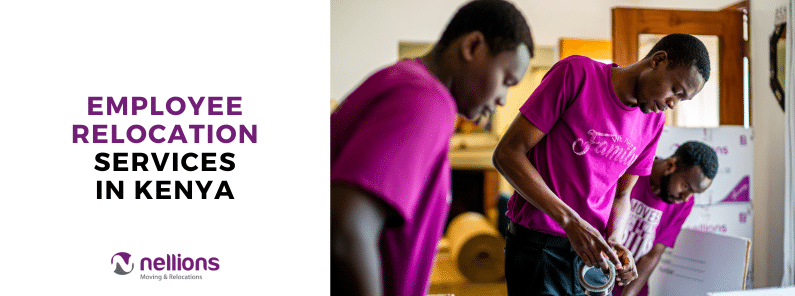Are you relocating from Kenya to Malawi? “The warm heart of Africa,” as Malawi has been nicknamed because of the friendliness of its people, is a small landlocked country in southeast Africa.
Tanzania borders it to the north and northeast, Zambia to the west, and Mozambique to the east, south, and southwest.
Lilongwe is Malawi’s capital and largest city, while its second-largest is Blantyre, and its third-largest is Mzuzu.
If you’re visiting or relocating to Malawi, you must absolutely check out Lake Malawi. Also known as Niassa or Nyasa, Lake Malawi is the third largest lake in Africa.

The freshwater lake is renowned for containing more fish species than any other lake in the world. It’s also called the Calendar Lake because it has certain similarities to the yearly calendar:
- It’s 365 miles long
- It’s 52 miles at its widest point
- It has 12 main rivers feeding into it
Another interesting fact about Malawi is its wildlife. With ten national parks and game reserves, it’s not just the Big Five you’ll find here, though. You’ll also find The Little Five, which comprises antlions, buffalo weavers, elephant shrews, leopard tortoise, and rhino beetle.
As former British colonies, Kenya and Malawi have enjoyed warm and cordial diplomatic relations since they became independent.
The two countries are also members of the African Union (AU) and the Common Market for Eastern and Southern Africa (COMESA). Additionally, Kenya and Malawi have bilateral arrangements that have greatly facilitated their trade ties.
Fear not, therefore, when relocating from Kenya to Malawi as these two nations have a lot in common. Instead, read on to learn what you can expect when relocating from Kenya to Malawi:
1. You Need a Work Permit for Customs Clearance
Foreigners seeking to import their household goods and personal effects require either a work permit or residence visa before their goods can clear customs.
You need a Temporary Employment Permit (TEP) if you’re a foreigner who’s been offered employment by an organization in Malawi. These permits are issued to foreigners before they enter Malawi to take up specified jobs.
The employing organization is responsible for applying for the TEP on your behalf, however.
If you’re applying for a new TEP, you’re legally required to wait outside Malawi until your application has been approved.
You may, however, renew your TEP twice by submitting necessary documents to the Department of Immigration. It would be best if you did so at least three months before the expiry of your permit.
A letter of employment or employment contract from a non-diplomatic first arrival is also required for customs clearance.
2. You’ll Require a Duty Waiver for Used Household Goods
To ensure seamless duty-free clearance for your household goods in Malawi, you must apply for Duty Waiver with customs. This waiver is typically issued before your shipment leaves Kenya.
Duty Waiver is necessary for new residents, whether these are diplomats or non-diplomats, as well as returning Malawian residents or nationals.
You’ll need a separate tax waiver in case you’re importing your motor vehicle or motorcycle into Malawi.
Returning nationals must provide termination of employment documentation if they were working outside Malawi, while students must provide a certificate showing completion of studies such as a certificate of degree.
If you’re a returning resident who has lived abroad for less than one year, you’ll have to provide:
- Copy of your passport
- Invoice/receipts for the goods being imported
- Certificate of origin
- Inventory/packing list
- Bill of Lading/Airway bill
Goods imported in such cases, however, will incur duty.
3. Importing Your Motor Vehicle Duty-Free Comes with Conditions
New and returning residents may import not more than two motor vehicles per family or one for an employed but unmarried adult person.
Such vehicles must have been owned and used by the importing individual for not less than one year before their arrival or importation into Malawi. Essentially, you must have been out of the country for at least one year.
Additionally, you should arrive in Malawi before your vehicle does. That’s because you’re required to be physically present to sign duty-free forms at customs.
The condition for exemption from duty, excise, and VAT at importation is that you cannot lend, hire, give away, or otherwise dispose of your vehicle within five years of clearing customs. If you do so, you’ll be required to pay the duty that had been waived at importation.
When importing motor vehicles into Malawi, the duty-free exemption only applies to returning residents who import a car once in five years. However, it doesn’t apply to the clearance of commercial vehicles such as buses, pick-ups, lorries, and others.
4. You Need the Original Invoice, Other Documents, to Import Your Vehicle
Among the documents you need to import your motor vehicle or motorcycle are:
- Bill of Lading
- Copy of your passport
- Original commercial/purchase invoice
- Original certificate of title and registration
- Copy of your work contract
- Drivers License
- Duty Waiver
Additionally, foreign diplomats and members of government or international organizations require:
- Copy of diplomatic card/Diplomatic Franchise
- Notification of Arrival (issued by the Secretary for Foreign Affairs)
5. Household Goods Must Meet a Certain Threshold to Qualify for Duty-Free Exemption
For household goods to be exempted from duty, they must have been used for more than six months.
Both diplomats and non-diplomats are required to show invoices for any new furniture and household goods imported into Malawi. That’s because new household items are deemed dutiable just as non-household items such as building materials are.
Returning residents must import their used household goods and personal effects within six months after arrival or after Duty Waiver has been granted. New residents, too, must import their goods within six months of being given work or resident permits.
6. You Need to Be Present During Customs Clearance
Whether you’re a diplomat or non-diplomat, your presence is required during the customs clearance process so that you can sign duty-free forms.
Therefore, you must have arrived in the country before your goods arrive.
You’ll need the following documents if you’re a returning resident seeking duty-free exemption for your household goods and personal effects:
- Copy of your passport (showing your nationality)
- Proof you’ve been out of the country for more than a year (from your passport)
- Inventory with serial numbers for your electrical appliances
- Bill of Lading or Airway bill
- Duty Waiver
If you’re a new, non-diplomatic resident, you’ll need:
- Copy of your passport (showing nationality and date of arrival)
- Resident or Temporary Employment Permit
- Letter of Employment from your employer
- Inventory with serial numbers for your electrical appliances
- Bill of Lading or Airway bill
- Duty Waiver
Please note that customs may physically examine your goods.
7. Diplomats Enjoy Conditional Duty-Free Importation of Personal and Household Effects
Families of returning Malawian diplomats are entitled to exemption from duty, excise, and VAT when importing their household goods and personal effects.
To enjoy this treatment, however, the Malawian diplomat in question must have been outside the country for a continuous period of 12 months. They must also obtain a letter from the Ministry of Foreign Affairs.
Foreign diplomats posted to Malawi, on the other hand, also enjoy tax and duty-free entry of their household goods and personal effects.
To qualify, however, you must provide:
- Copy of your passport (to show nationality and date of arrival)
- Copy of diplomatic card
- Notification of arrival
- Inventory with serial numbers for electrical appliances
- Bill of Lading or Airway bill
- Duty Waiver
Diplomats, like other new or returning residents, must import goods that have been used for more than six months if they’re to qualify for duty exemptions. That’s because new furniture and household goods are dutiable, and their invoices must be presented.
8. Importers Need a Tax Identification Number Issued by Malawi Revenue Authority
The Malawi Revenue Authority requires prospective taxpayers to register for a Tax Identification Number (TIN).
Without a TIN, you cannot import shipments into the country. Fortunately, foreigners can use their Immigration Permits or passports as identification when applying for their TIN.
You may register for a TIN through Msonkho Online Portal Registration.
9. Moving Is Normally Done by Road
Shipments from Nairobi, Kenya, to either Lilongwe or Blantyre in Malawi are usually transported by road. The movers go through Tanzania and enter Malawi through the Kasumulu/Songwe border post.
If you decide to engage professionals to help manage your move for you, you’ll find it only takes between 9 and 12 days.
Additionally, you get some well-deserved peace of mind knowing that your household goods and personal effects are packed to international standards for shipping.
Proper packing is essential as road transport can be a little rough. There’s also the matter of the long-distance involved between Kenya and Malawi.
Ultimately, however, using professionals allows you to enjoy having your goods unpacked and set up for you the way you’d like in your new home, which will make your move an enjoyable and pain-free experience.













